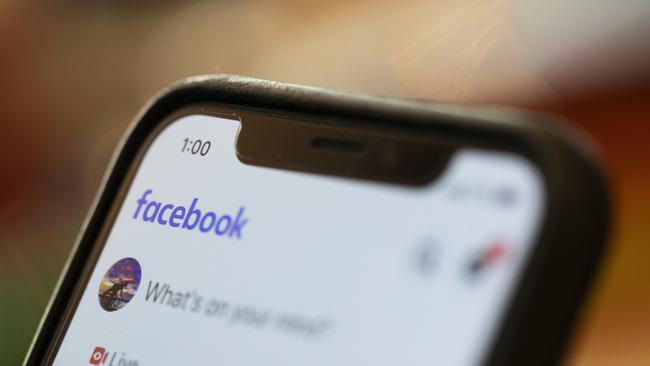Facebook defends location stance in face of Apple changes
Facebook has gone on the defensive just a day before Apple is expected to unveil a major revision of location tracking.

Facebook has defended its collection of phone location data a day before Apple moves to beef up iPhone privacy.
Apple is expected to announce three iPhone models at a launch event in the Steve Jobs’ Theatre at Apple Park in Silicon Valley.
Apple is also expected to reveal the availability of new operating systems for the iPhone, iPad, Apple Watch and Apple TV. The new operating systems will rein in location tracking by third party apps such as Facebook. Users will be periodically prompted to continue to allow location tracking or to allow it for the current session only.
The measure cuts across the bow of Facebook, which has been keen to monitor the movements of users on both iPhone and Android devices.
In what appeared to be a move to address criticism before the event, Facebook published a blogpost defending its location recording practices.
“Facebook is better with location. It powers features like check-ins and makes planning events easier. It helps improve ads and keep you and the Facebook community safe,” it said in the post.
Facebook said Apple users were likely to have their locations recorded even when they hadn’t authorised the Facebook app to collect it.
“Features like Find Wi-Fi and Nearby Friends use precise location even when you’re not using the app to make sure that alerts and tools are accurate and personalised for you,” the post says.
Facebook said the new version of Apple’s iPhone operating system, iOS 13, would send people reminders about which apps could access their precise location information when they’re not using an app and how many times each app had accessed it.
“The notification will also include a map of the location data an app has received and an explanation of why the app uses that type of location information,” Facebook said.
Facebook said it may still understand a users’ location “using things like check-ins, events and information about your internet connection”, even without you granting permission for it to collect your location data.
However the blog post, written by Facebook’s location platform engineering director Paul McDonald, said Facebook would continue to make it easier for users to control how and when they shared their location.
“We’re always building new features to help you explore the world around you, including local alerts to keep you informed on breaking news and the new map in the Events tab to help you find things to do with friends nearby”.
Facebook also faces some limits on collecting location data on Android phones, based on when the app is active. Facebook said location restriction settings for Facebook could get out of sync with location settings in Android 10, in which case it would observe the stricter location setting.
“We’ll also begin to phase out the Facebook background location setting on Android 10 by reminding people to check their device’s location settings to make sure what they’ve chosen is right for them,” Mr McDonald’s post said.
The moves towards stricter privacy measures on both smartphone platforms could make it more difficult for Facebook and others to glean the same amount of user private information as they have done in the past, but it will take time to see if the measures work.
Meanwhile Gartner, in a report at the weekend, said it expected Apple’s revenue to gradually shift further away from its hardware products to services due to challenging consumer market conditions.
Gartner Research vice president Annette Zimmermann said this trend could be seen in Apple’s latest financial report, where iPhone revenue accounted for around 48 per cent in the second quarter of 2019, down from around 60 per cent in the December quarter.
It said that after two years of decline in the smartphone market, Apple had reached an inflection point marked by shifting its business toward services, which represented 21 per cent of its total revenue in the second quarter and 15 per cent of its overall revenue in 2018.
“Services is the second largest revenue category after the iPhone,” Ms Zimmermann said. “We are projecting Apple’s services business revenue to grow in areas such as credit card services, TV, news, gaming and healthcare.”
Chris Griffith is attending Apple’s launch in San Jose courtesy of Apple.



To join the conversation, please log in. Don't have an account? Register
Join the conversation, you are commenting as Logout